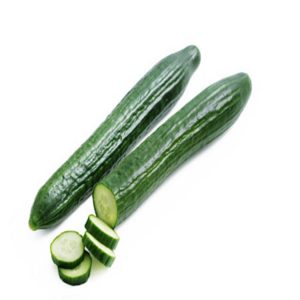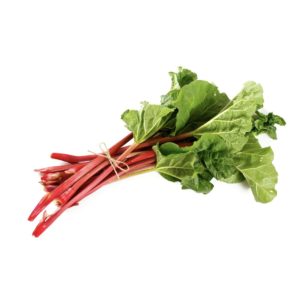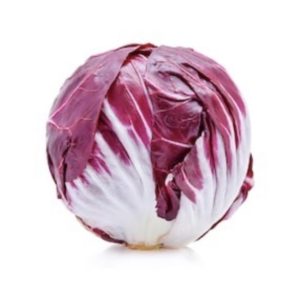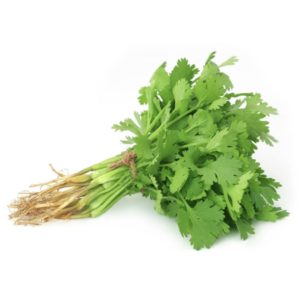Hand picked Grown locally and sourced by our suppliers.
Nutrition Facts and Health Benefits
One cup of green beans (100g) provides 31 calories, 1.8g of protein, 7g of carbohydrates, and 0.2g of fat. Green beans are an excellent source of vitamins C, K, and A.
Green Beans Nutrition Facts
One cup of green beans (100g) provides 31 calories, 1.8g of protein, 7g of carbohydrates, and 0.2g of fat. an excellent source of vitamins C, K, and A. The following nutrition information is provided by the USDA.1
- Calories: 31
- Fat: 0.2g
- Sodium: 6mg
- Carbohydrates: 7g
- Fiber: 2.7g
- Vitamin A: 35mcg
- Sugars: 3.3g
- Protein: 1.8g
- Vitamin C: 12.2mg
- Vitamin K: 43mcg
- Iron: 1mg
- Potassium: 211mg
- Vitamin B6: 0.1mg
- Folate: 33mcg
Carbs
good source of complex carbohydrates. There are four grams of starch in a one-cup serving of green beans. Starch provides the body with quick energy. In addition, you’ll benefit from almost three grams of fiber when you consume a serving beans. Fiber helps to stabilize blood sugar, boost satiety, and improve digestive health.
Green beans have a glycemic index (GI) of about 32.2 As a reference, foods with a GI of 55 or below are considered low glycemic. The glycemic load of green beans is as low as 1.3 Glycemic load takes into account the serving size of a given food or beverage to estimate the effect of the food on your blood sugar.
Fat
There is almost no fat in green beans, which makes them a naturally fat-free food. Keep in mind, however, that the way you prepare green beans affects the fat content. Many people steam green beans and top with butter or sauté them in olive oil. Both cooking methods add fat to the food. Popular green bean casserole recipes can also contain 6 to 12 grams of fat or more per serving.
Protein
Each one-cup serving (fresh, frozen, or canned) provides almost 2 grams of protein.
Vitamins and Minerals
beans provide the body with several key nutrients, such as vitamin K, a fat-soluble vitamin that helps with blood clotting functions. A serving of uncooked beans provide 16% of your total recommended daily intake of vitamin C and 5% of your daily intake of vitamin A.
a good source of the B vitamins folate, riboflavin, and thiamin, as well as the minerals copper and magnesium.
Calories
One cup of beans (100g) provides 31 calories, of which 77% come from carbs, 19% from protein, and 5% from fat.
Summary
They are an excellent source of several vitamins and minerals. They are also a good source of complex carbohydrates, contain some protein, and are low in fat and calories.
Health Benefits
Like many other vegetables, beans are a healthy addition to almost any eating plan because they are a low-calorie, low-fat energy source. They are also nutrient-dense, providing many beneficial vitamins, minerals, and antioxidants without many calories. This combination makes them an ideal food for a diet promoting a balanced weight.4





